Talking Cents
|
December November October September August July June May April March February January |
Is Bank Reconciliation Essential for Your Small Business?You write checks, make deposits, receive payments, and make payments as a small business. In the midst of monthly bank transactions, it is possible for your cash balance to not match the bank balance. For any small business, a proper bank statement reconciliation is essential. You are required to perform this operation every month, and an accountant can help you with this effectively and efficiently. What Is Bank Reconciliation? A cash book will be used by most small business owners, such as you, to track cash transactions. Your cash account will be listed in your cash book (receipts and payments of money). It's customary to check these balances against your bank statements to verify if they match once you've balanced the cash account for the month. In the event that they don't, you must make changes and draft a bank reconciliation statement. They typically happen as a result of timing issues, bank errors, or your mistakes. Some of the mistakes are, ● At the end of the month, you write a check and record it right away. However, your bank might not record it until the next month (and frequently does). Why is Bank reconciliation Essential for a Small Business? 1. Identifying Mistakes Even with strict control procedures in place, accounting mistakes can still happen. These mistakes may go unnoticed and can be costly if businesses don't balance their bank statements each month. For instance, if a bank teller calculates a deposit improperly, the company might not have enough money to keep operating. The reconciliation procedure offers a second check to prevent errors. 2. A Close Watch on Business Performance Small business owners may be unaware of potential income concerns or deficits if they do not take the time to reconcile their bank statements manually or at least get an overview of the results. While delegation might improve the management of your business, you must be able to monitor every aspect of it. 3. Monitoring Transactions If customers are claiming that they haven't received their money, it's possible that a check got misplaced in transit. Checks that haven't cleared can be found when you reconcile your bank statement each month. This will make it easier for you to find any potential missing payments. Additionally, you can utilise your reconciliation statement to confirm that all other business transactions are processed and accounted for correctly. 4. Recognising Systemic Problems You might potentially discover a structural problem with your accounting system if you see a trend of isolated mistakes or disparities. If the same problems keep happening, you might need to switch payment services or employ a different bookkeeper. 5. Decision-making in Business Financial reporting enables you to keep track of your finances, including cash flows, cash on hand, debt, and upcoming expenses, as well as income. You and your potential investors get a true picture of your company from precise bookkeeping. For instance, you may figure out how much is spent on bank fees and switch to a platform that charges less. These informational points are essential for controlling cash flows, spotting irregularities, and adapting your approach as necessary. Consider Small Business Accountants at M.A.S. Partners While a small business comes with varied responsibilities, reconciling accounts is also crucial for a small business. However, being the owner of a small business, you might not always get the chance to accurately manage the ledger of your business. An expert business accountant in Sydney can help small business owners manage their finances and make educated decisions on the growth of the firm. For more information about our small business accounting services, click here.
|




